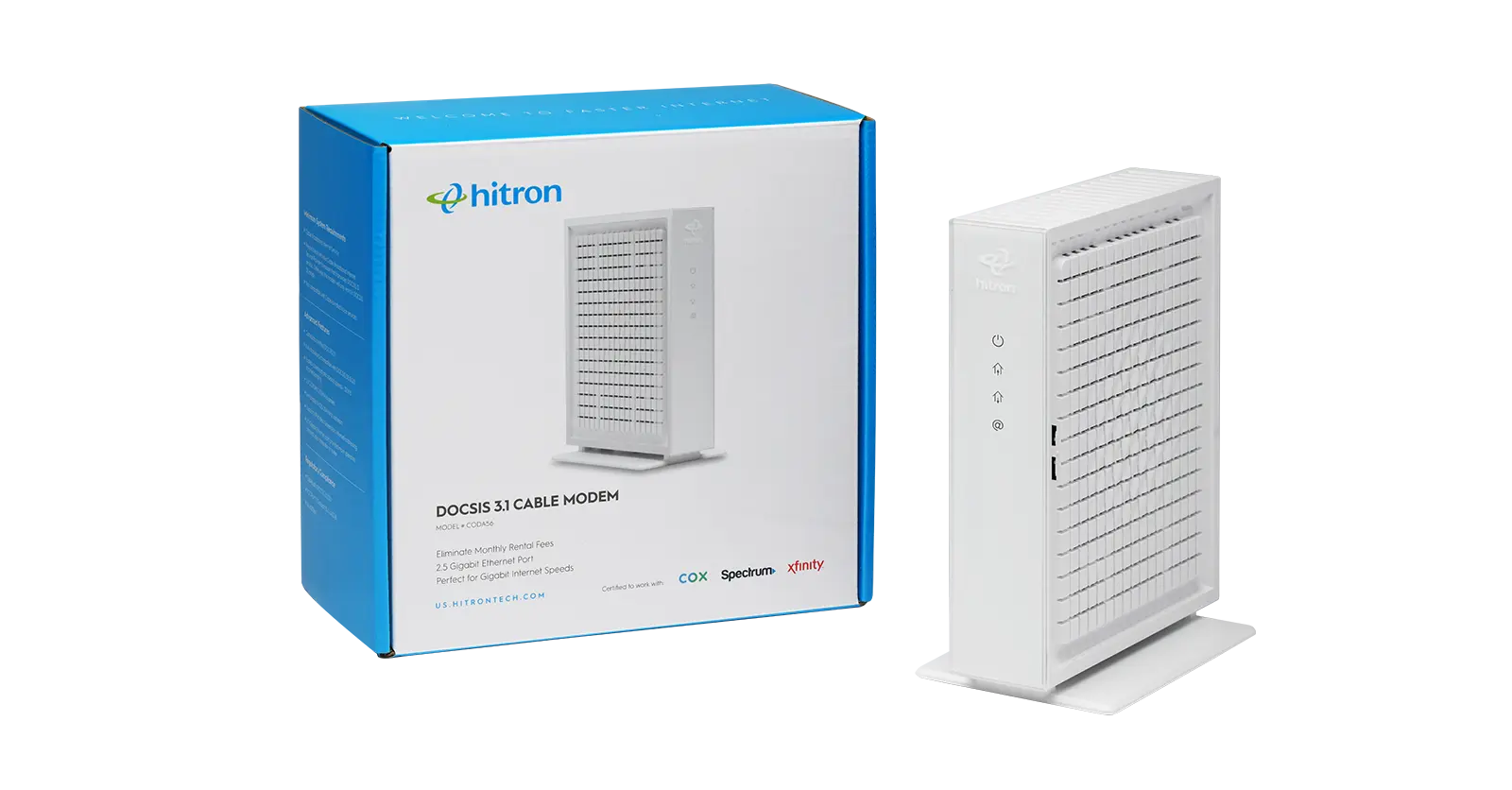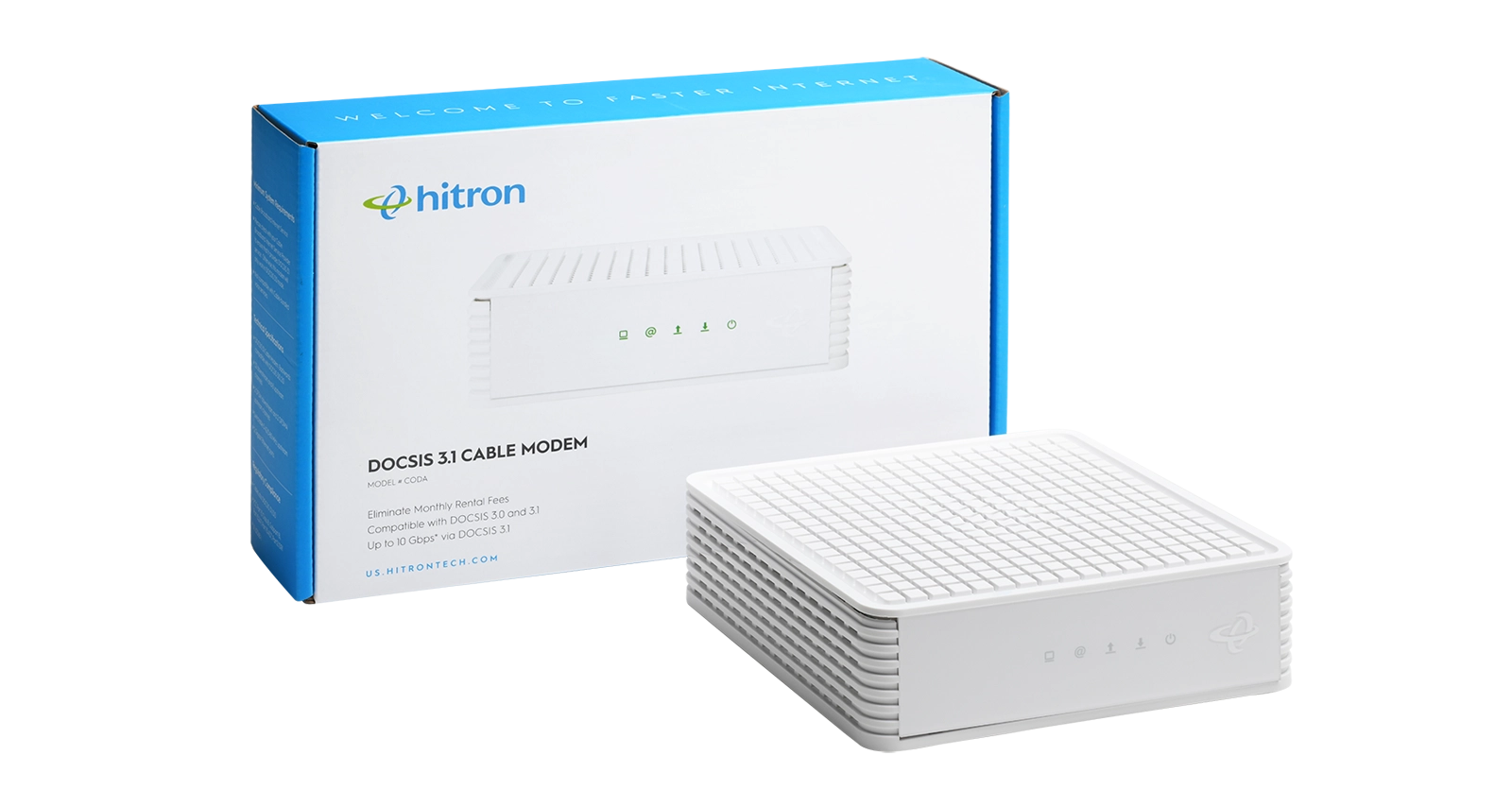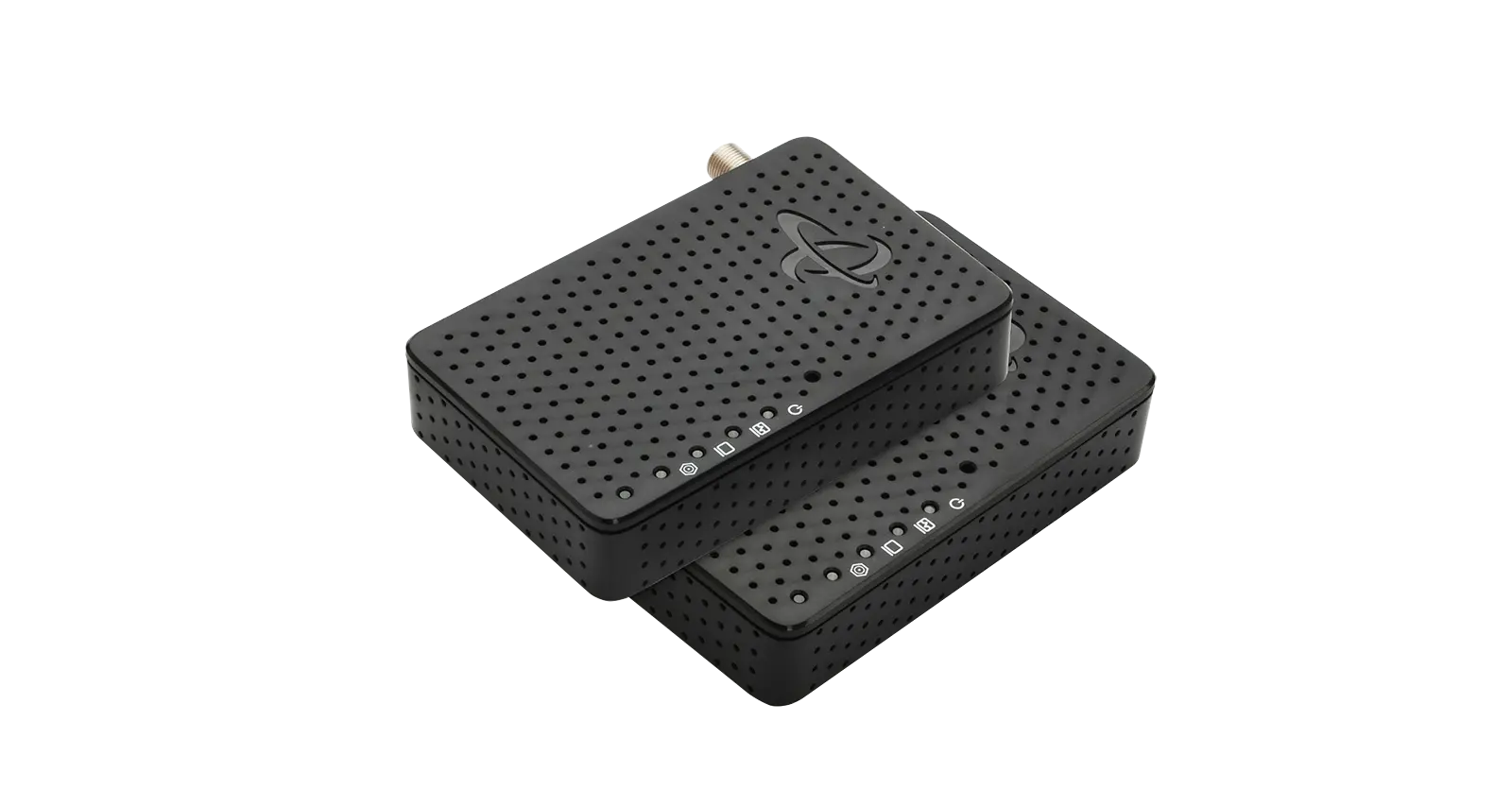The quick answer to this question is that 2.5G Ethernet is 2.5x faster than 1G Ethernet.
But there’s a bit more to know about it than that. Here’s what you need to know:
1G and 2.5G are what is called Multi-Gig Ethernet speeds. Multi-Gig Ethernet ranges from 1Gbps to 10 Gbps. Gigabit Ethernet supports this variety of speed through specific cables connected to a Multi-Gigabit Ethernet port.
When looking to upgrade your cable modem and boost your Internet speed, considering what kind of Ethernet port your cable modem has is important.
For the sake of “true speeds” – not theoretical speeds – the Multi-Gig Ethernet ports you should look in your cable modem device support anywhere from 100Mbps, 1Gbps, to 2.5Gbps.
More about 1-Gig vs 2.5-Gig Ethernet
First thing’s first, there are many ways that 1G and 2.5G Ethernet are represented and spelled out across the web. Let’s familiarize you with the range of abbreviations quick:
- 1 Gigabit = 1Gbps, 1-Gig, 1G, 1GbE
- 5 Gigabit = 2.5 Gbps, 2.5 -Gig, 2.5G, 2.5GbE
Back to the differences. The main difference is one is faster than the other. The other big difference is the hardware required to reach / support these speeds.
To reach 1G Ethernet speed, you need a cable modem or cable modem router that has a Gigabit port and a Cat 5 Ethernet cord. What is a Cat 5 cord? A category 5 (Cat 5) cord/cable has the bandwidth to support 1G Ethernet speed. Cat 5 cables are backward compatible.
To reach 2.5G Ethernet speed, you need a cable modem or cable modem router that has a specific 2.5 Gigabit port and a Cat 6 cord. What is a Cat 6 cord? A category 6 (Cat 6) cord/cable has the bandwidth to support 2.5+ Gigabit Ethernet speed. Cat 6 cables are also backward compatible.
With a Cat 6 cord and 2.5 Gigabit Ethernet port you can get true 2.5 Gigabit speeds.
When would you want 1G or 2.5G Ethernet?
To make sure that you take full advantage of these faster speeds, you need ports that support them.
The truth today is that the average household can get away with 1G Ethernet speeds. This can support everyday activities like stream movies in 4K or online gaming services. But everyone knows that technology is always advancing, and that’s why 2.5G Ethernet is growing as a household norm and can “futureproof” your home Internet performance.
With everything that 1G can be enough for, image what 2.5G can offer you.
Hitron’s CODA56 DOCSIS 3.1 cable modem has a 2.5 Gigabit Ethernet port and includes a Cat 6 cord with the kit that ensures those 2.5 Gigabit speeds you want. Many other manufactures in the market only include a Cat 5 cord which can only do up to 1 Gigabit speeds.
For the ultimate in speeds, connect Hitron’s CODA56 cable modem to your router, access point or mesh system to deliver Gigabit speeds throughout your home.
Do you more information about home networking solutions or cable modems? Check out Hitron’s Learn Page for more.


